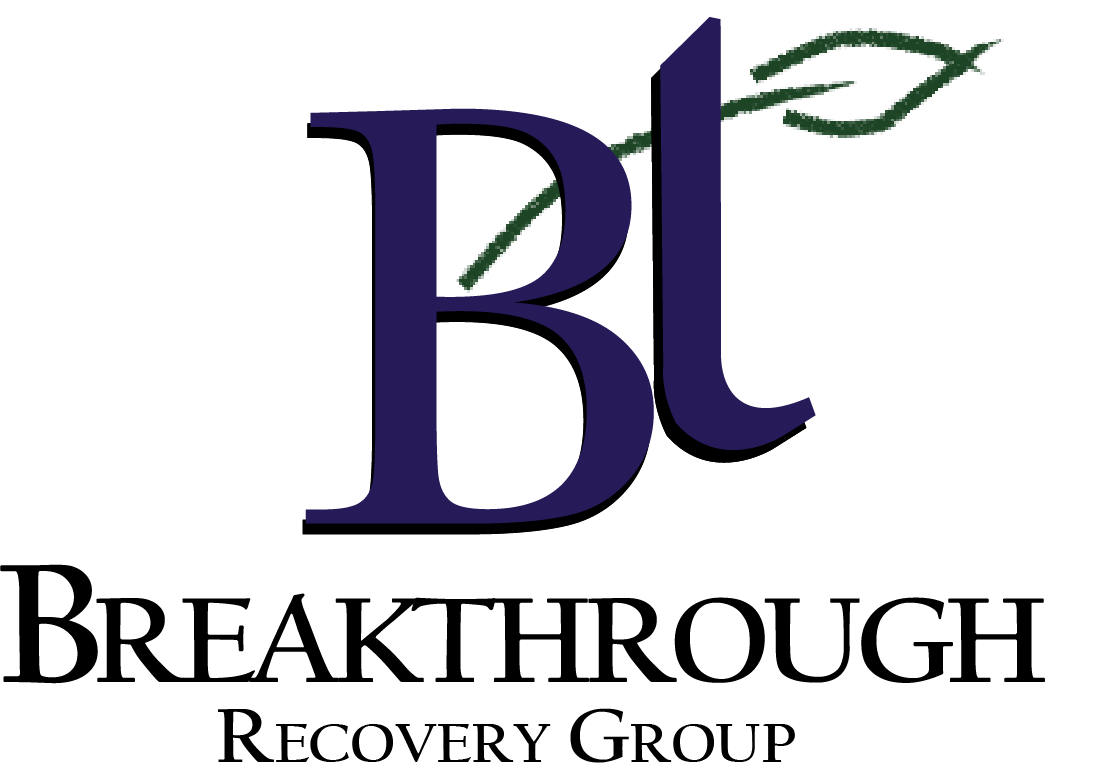About the brenÉ brown curriculum
At Breakthrough Recovery, we integrate the Brené Brown Curriculum into both our individual and group therapy sessions. This allows individuals to not only work on their personal growth and healing but also connect with others who are going through similar challenges.
Brené Brown discusses how vulnerability serves as the foundation of challenging emotions like fear, grief, and disappointment, yet it also fosters love, belonging, joy, empathy, innovation, and creativity. She states that by closing ourselves off to vulnerability, we alienate ourselves from experiences that give our lives purpose and meaning.
Dr. Brené Brown serves as a research professor at the University of Houston, holding the prestigious Huffington Foundation Endowed Chair at the Graduate College of Social Work. Furthermore, she is a visiting professor in management at the McCombs School of Business, University of Texas at Austin.
For over twenty years, Brené has dedicated her research to exploring themes such as courage, vulnerability, shame, and empathy. She has authored six #1 New York Times bestsellers and hosts two critically acclaimed podcasts, Unlocking Us and Dare to Lead.
Her work has been globally recognized, with her books translated into over 30 languages. Her notable works include Atlas of the Heart, Dare to Lead, Braving the Wilderness, Rising Strong, Daring Greatly, and The Gifts of Imperfection. In collaboration with Tarana Burke, she co-edited the bestselling anthology You Are Your Best Thing: Vulnerability, Shame Resilience, and the Black Experience.
Learn More About Brenè Brown
Brené’s TED talk on the Power of Vulnerability ranks among the top five most-watched TED talks globally, attracting more than 60 million views. She made history as the first researcher to have a filmed lecture on Netflix, and in March 2022, she premiered a new HBO Max show based on her latest book, ‘Atlas of the Heart’.
Family Involvement
Family support is a crucial aspect of the recovery journey. At Breakthrough Recovery, we understand that addiction not only affects the individual but their loved ones as well. That's why we encourage family involvement in our treatment programs. We offer family therapy sessions to help repair relationships and provide education on how to best support their loved one in recovery.
more about our servicesGet Real Help.
Individuals struggling with various disorders often face challenges initiating their path to recovery independently. We have supported numerous individuals dealing with mental health issues and substance abuse. Many credit a loved one for introducing them to our outpatient recovery program, marking the crucial first step towards healing.
90%
Of clients would HIGHLY recommend us
90%
Of alumni say their treatment was a success
85%
Of clients report that they
are sober after 6 months
Recovery in spokane
Breakthrough Recovery is a top choice for individuals seeking addiction and mental health treatment in the Spokane area. Our comprehensive approach to recovery, personalized treatment plans, and compassionate care make us stand out as a leading provider in the region. Our team of experienced therapists and psychiatrists utilize evidence-based therapies and alternative methods to address the root causes of addiction and mental health issues.
FAQ
We've compiled a list of frequently asked questions to provide clarity on the experience and alleviate any remaining fears or anxieties you might have.
At Breakthrough Recovery, we understand that every individual's journey to recovery is unique. That's why we offer a range of treatment options to cater to different needs and preferences. Our outpatient programs differ from traditional inpatient programs in several ways, making them an excellent alternative for those who may not require 24/7 medical supervision or who prefer a more flexible approach to treatment.
Firstly, our outpatient programs allow individuals to continue living at home and maintain their daily responsibilities while attending treatment sessions. This can be beneficial for those with work or family commitments that they cannot leave behind. It also allows individuals to apply the skills and techniques learned in treatment immediately into their daily lives.
Secondly, our outpatient programs offer a more customizable approach to treatment. We work closely with each client to develop a personalized treatment plan that fits their specific needs and goals. This may include individual therapy, group therapy, support groups, and other evidence-based therapies.
Lastly, our outpatient programs often have a lower cost compared to inpatient programs due to not requiring full-time residential care. This makes it more accessible for individuals who may not have the financial means for inpatient treatment.
At Breakthrough Recovery, we understand that the first step towards recovery is often detox. However, we do not offer detox services in our facility. We believe that it is essential for individuals to undergo detox under medical supervision to ensure their safety and comfort during the process. That's why we are familiar with reputable detox facilities in the area and can recommend them to our clients.
Once an individual has completed detox and is ready to begin their journey to recovery, we offer a range of outpatient programs tailored to meet their specific needs. Our experienced team will work closely with each client to provide support, guidance, and evidence-based treatment approaches for lasting recovery. We believe that this integrated approach can help individuals overcome addiction and lead fulfilling lives.
Recognizing when it is time to seek help for addiction can be challenging, as denial and shame often accompany substance abuse. However, if you or a loved one are struggling with addiction, it's essential to understand that recovery is possible and seeking help is the first step towards a healthier and happier life.
Some signs that may indicate it's time to get help for addiction include:
- Difficulty controlling substance use: If you find it challenging to limit or stop using substances, even when you want to, it may be a sign of addiction.
- Neglecting responsibilities: Addiction can cause individuals to prioritize substance use over important responsibilities such as work, school, or family obligations.
- Changes in behavior and mood: Substance abuse can lead to changes in behavior, such as secrecy, irritability, and mood swings.
- Physical symptoms: Increased tolerance to substances, withdrawal symptoms when not using, or physical health issues related to substance use can also be indicators that it's time to seek help.
If you or a loved one are experiencing these signs or have concerns about your substance use, it may be time to reach out for help. Seeking treatment, whether through therapy, support groups, or an addiction treatment program, can provide the necessary support and resources to overcome addiction and live a fulfilling life in recovery. Remember, it's never too late to seek help and make positive changes towards a healthier future.
At Breakthrough Recovery Group, we recognize the intimate connection between addiction and mental health challenges. That's why our facilities place a strong emphasis on treating mental health issues.
Our proficient team offers comprehensive support and treatment for various mental health disorders like depression, anxiety, PTSD, and more. We advocate a comprehensive recovery approach, encompassing the addressing of both physical and mental health requirements.
Our admissions team is committed to identifying the ideal facility to provide holistic care for your needs, fostering a successful recovery path. We stand by you at each stage towards enduring sobriety and enhanced mental wellness.
Watching a loved one struggle with addiction can be heartbreaking and overwhelming. You may feel helpless and unsure of how to help them. The first step towards getting your loved one the help they need is to have an open and honest conversation with them about their addiction. Express your concern and offer your support, but also set boundaries and encourage them to seek professional help. It may also be helpful to research treatment options with our team and have resources readily available for your loved one.
Remember to remain patient, understanding, and supportive throughout this process – recovery is a journey and it will take time. With the right approach and support, you can help your loved one find the path to a healthier and happier life free from addiction. So don't hesitate to reach out for guidance and support from our team at Breakthrough Recovery. We are here to help you and your loved one every step of the way towards recovery.
No matter how dedicated you are to your recovery journey or how determined you are to maintain sobriety for life, there's a possibility of relapse at some stage. Statistics from the National Institute on Drug Abuse indicate relapse rates during recovery range from 40% to 60%. Post-relapse, it's common to feel shame or remorse. You might even contemplate surrendering to addiction rather than persevering to combat the urge to use. While these feelings are normal, they can pose obstacles to achieving a drug-free life. Instead, view a relapse as a learning opportunity; refine your relapse prevention strategy and identify triggers. By delving into the underlying reasons for the relapse, you'll establish a foundation for a recovery that ensures you come back even stronger.
The initial step involves assessing whether revisiting treatment is necessary. If it was an isolated occurrence and you're dedicated to evaluating or adjusting your recovery plan, returning to an inpatient facility may not be essential. This setting provides the patient with hands-on care and ongoing monitoring. However, falling back into a persistent pattern of substance misuse may indicate the need for reentry into a structured treatment regimen. If conversations about substance use arise, socializing with individuals who encourage drinking, or using substances as a coping mechanism resurface, it signals a more significant issue requiring prompt intervention.
Upon re-entering treatment post-relapse, the primary focus should be on reintegrating into daily life. Opting for a sober living environment for a few months post-treatment could be the most effective means to prevent relapse, as accountability and structure aid during the initial vulnerable phase. Additionally, having an outpatient therapy plan in place for ongoing support post-treatment is beneficial.
How to get started
We strive to make our services as accessible and affordable as possible. We are proud to say that we accept most major insurance plans, allowing you to utilize your benefits and receive quality care without breaking the bank.
Verify Benefits
CONSULTATION
Schedule a FREE 30 minute CONSULTATION where you can have a chance to meet with a counselor to find out your treatment needs and tour our facility.

EVALUATION
Schedule and complete a drug & alcohol EVALUATION to determine your level of care and appropriate treatment placement.

INTAKE
Schedule an INTAKE appointment once you have received the results from your assessment and begin your treatment program.




